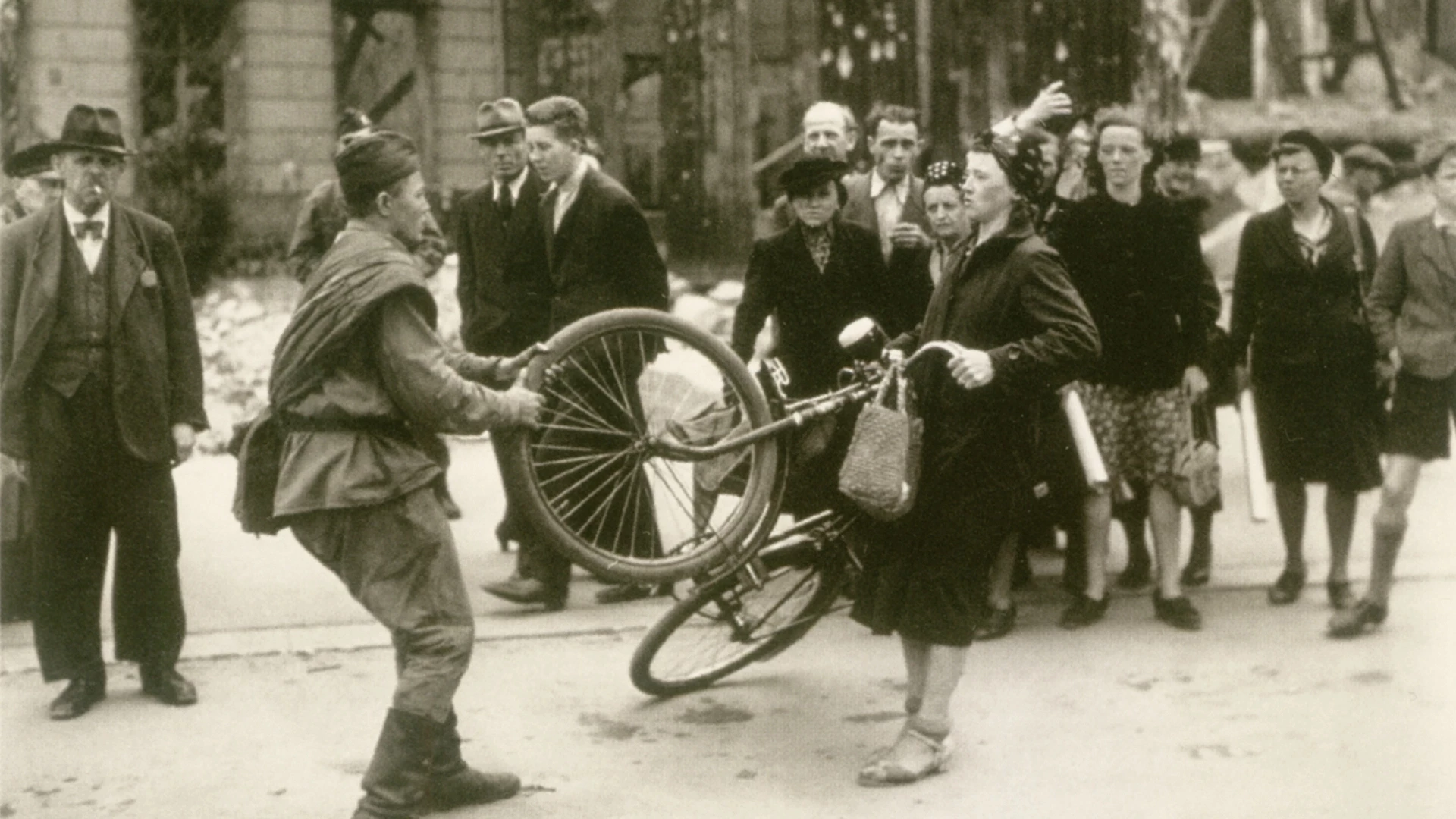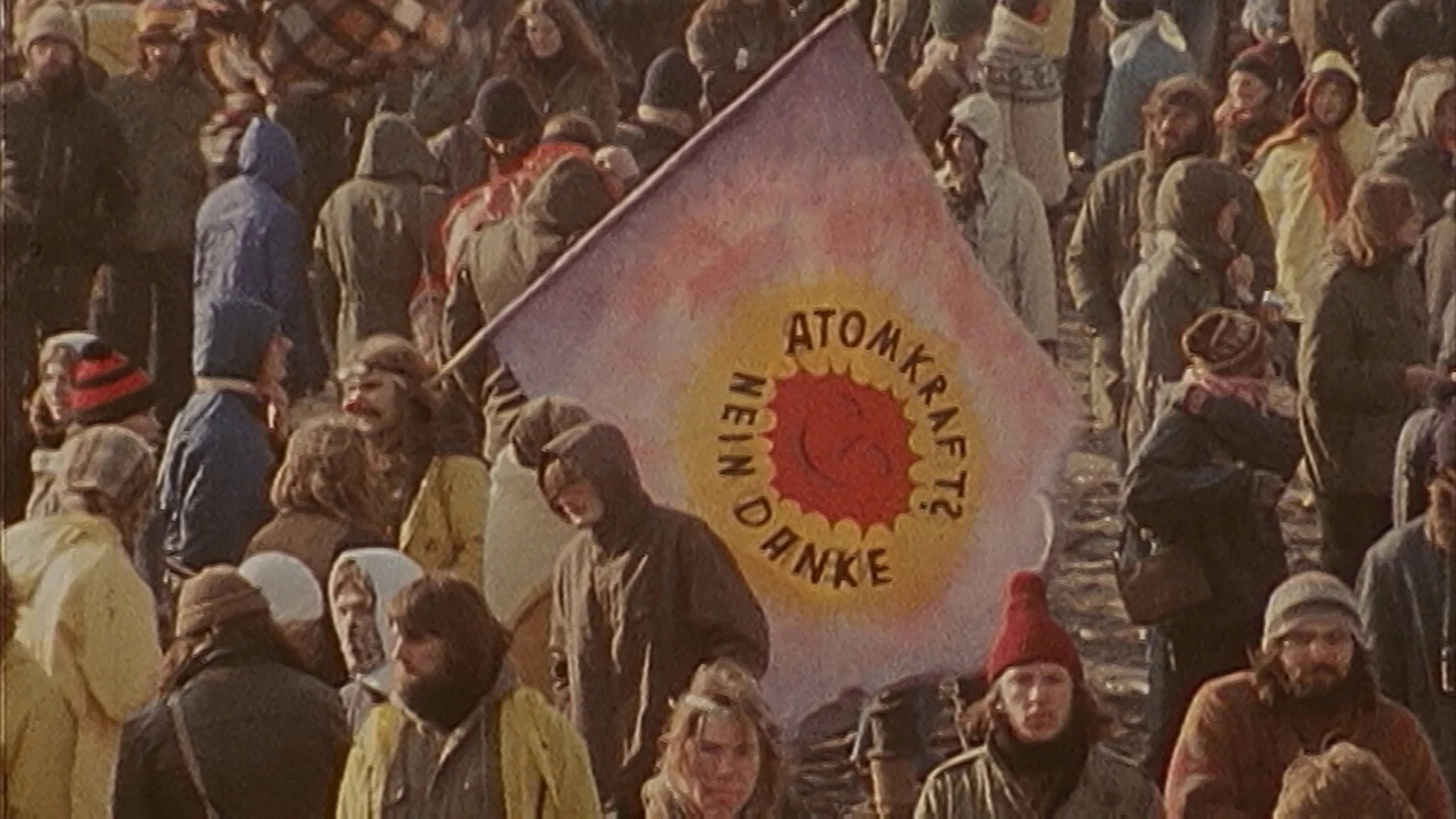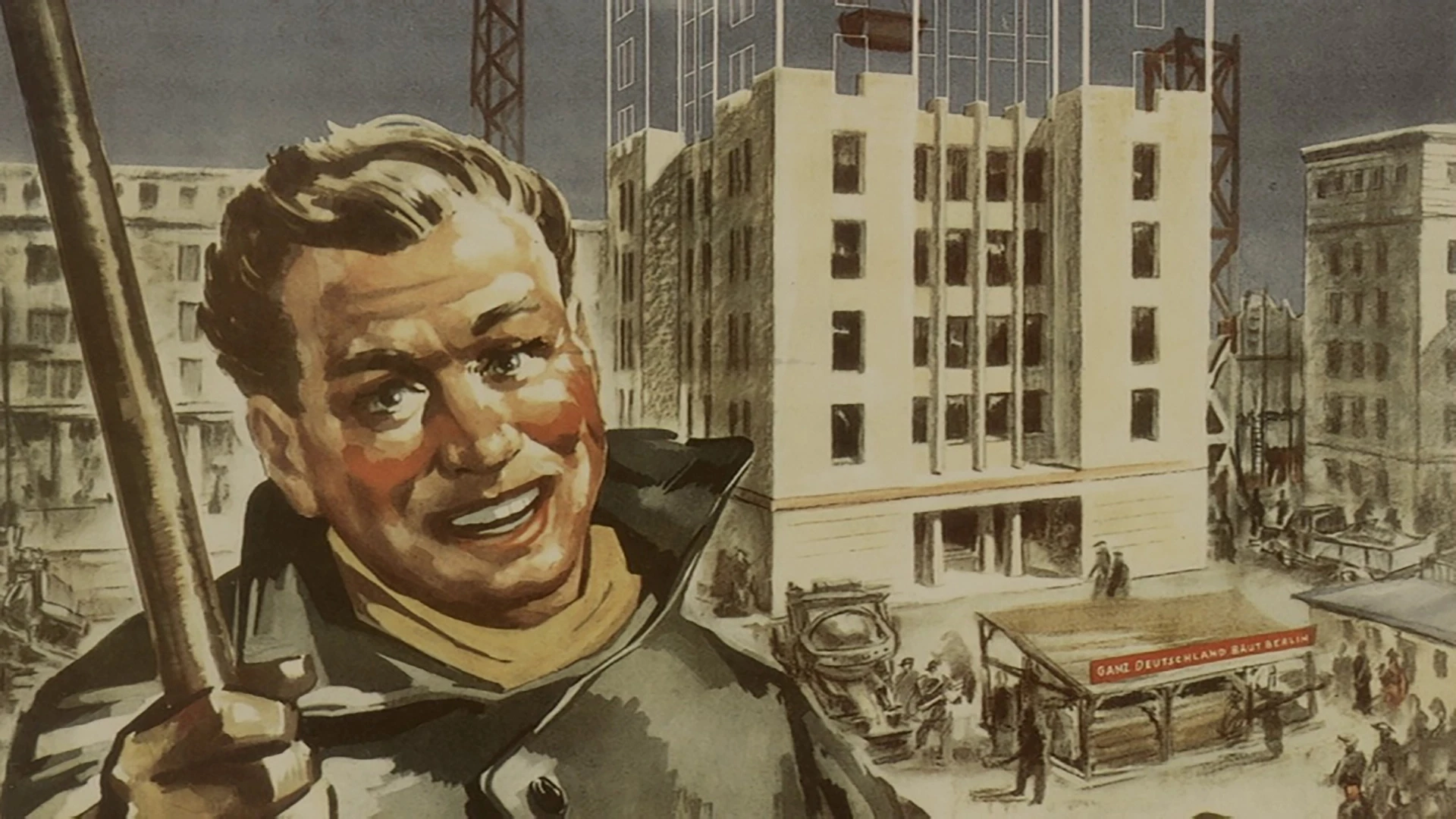20. Jahrhundert: 1945 bis heute | Geteiltes Deutschland 1949-1969
The FRG: Politics and Economy
Close diplomatic relations with the West, rejection and rigidity towards the communist East – these are the cornerstones of Konrad Adenauer’s foreign policy to get the Federal Republic of Germany internationally back on track. And he succeeds: the Paris Treaties (Bonn-Paris Conventions) end the occupation in 1954 and the FRG becomes largely sovereign. In addition, it benefits from close economic cooperation with other Western European states. The economy is making profits and more and more people are able to live in modest prosperity. The economic miracle takes hold of the entire republic. However, the German question remains unresolved. The GDR’s construction of the Wall makes unity a distant prospect. Also John F. Kennedy’s visit to West Berlin in 1963 cannot do anything to change the divide. | In this film version, German interviews and historical or literary quotes remain untranslated.
mehr
weniger
West Germany, Konrad Adenauer, France, coal and steel industries, montanunion, USA, United States, ally, SPD, Kurt Schumacher, German Unity, Korean War, communism, communists, rearmament, Federal Republic army, Paris Treaties, defence alliance, military blocs, NATO, Cold War, Ludwig Erhard, free competition, full employment, unions, wages, working hours, pensions, subsidised housing, People’s Party, Godesberg Program, Berlin, sectors, Willy Brandt, German unity, America, John F. Kennedy, Bonn, Grand Coalition, economic crisis, Kurt Georg Kiesinger, Emergency Acts
Geeignet für die Fächer:
Geschichte
Empfehlung der Medienbegutachtung Baden-Württemberg für den Geschichtsunterricht


